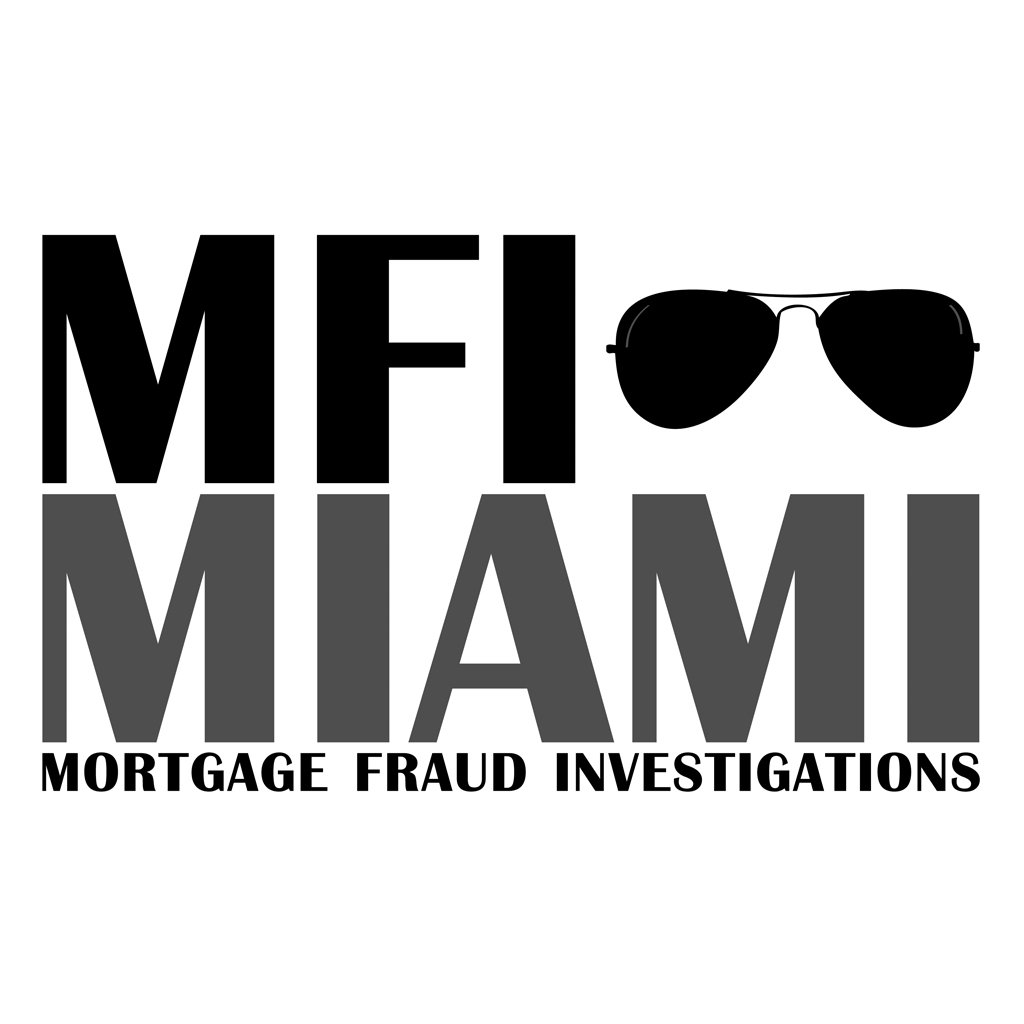The Boston Herald Featured A 2-Page Article About MFI-Miami
The Boston Herald article was written by Jerry Kronenberg and appeared on Monday November 24, 2008.
Mary Everleigh nearly lost the house she’s owned since 1986 to a fast-talking financier. That was until Stephen Dibert combed through her mortgage papers and realized the woman had fallen for a scam.
Michigan homeowner Mary Eveleigh told the Herald:
“Steve laid out all of the documents and said, ‘You know, what? Something isn’t kosher here. It was a big eye-opener for me.”
MFI-Miami Offers Services In Boston
Dibert, a former loan originator turned anti-scam sleuth, is expanding his Miami-based MFI-Miami into Massachusetts. He is apparently becoming the first loan “auditor” to set up shop in the Bay State.
Dibert is one of a handful of mortgage auditors who’ve opened across the country in recent months. He told the Herald:
“This is a service that’s definitely needed in the Boston area. We feel that the whole Eastern Seaboard is definitely underserved.”
Mortgage auditors review customers’ loan papers for forged signatures, sham home appraisals or other illegal acts.
Any wrongdoing can strengthen financially strapped homeowners’ hands in negotiations with lenders.
Many customers are seeking “loan modifications.” A loan modification is when banks agree change mortgage terms to help homeowners avoid foreclosure.
Others want lenders to OK “short sales.” Short sales are when borrowers sell homes in today’s weak market for less than their unpaid mortgage balances.
Auditors also check paperwork covering a loan’s “securitization.” Securitization is the process under which lenders bundle up hundreds of mortgages into big bonds later sold off to Wall Street.
Large investors buy and sell mortgage-backed bonds like stocks. This means that any given home loan can change hands a half-dozen times or more.
However, an investment firm that later wants to foreclose on someone’s mortgage must provide a chain of paperwork proving that it really owns the loan in question. Failure to produce an original of even one key document can get a foreclosure case dismissed.
It’s Real Estate 101
“It’s Real Estate 101,” Dibert said. “In order to foreclose on a mortgage, you have to prove that you own it.”
Dibert, who’s worked in the mortgage industry for the past decade, launched MFI in June after friends kept asking him to check their loans for rip-offs.
“People were coming up to me and saying, ‘Steve, I think I got taken on my mortgage. Can you take a look at the loan papers?’ ” the 41-year-old recalled. “As more and more people started calling, I realized that I could make a business out of this.”
These days, Dibert performs about 100 checks on each customer’s loan, producing five- to 15-page reports and charging about $350 to $600.
The Florida man estimates that he finds problems as much as 90 percent of the time.
Common flaws include math errors on federal Truth in Lending Act forms, which by law must accurately list a mortgage’s total lifetime cost within $35.
While such mistakes can seem minor, they often give homeowners just enough leverage to get out of fraudulent loans.
For instance, Dibert recently helped a man who thought he agreed to pay $1,500 a month, but ended up facing roughly $3,800 in monthly mortgage bills.
August Blass of California-based National Loan Auditors thinks the housing boom led to lots of flawed loans because “things were going 1,000 miles an hour, so (banking) fundamentals were lost.”



